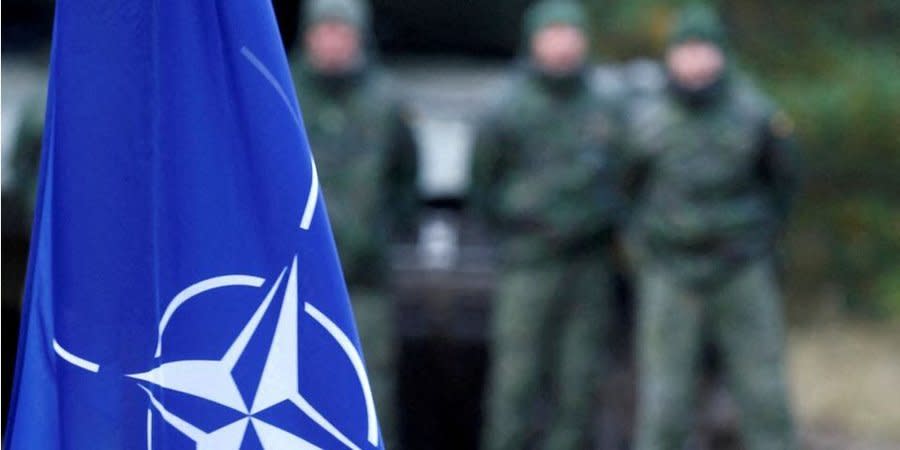Frozen war frees Russia to rearm, threaten NATO within 6 years, German military analysts warn

Russia can prepare its troops to attack NATO within six years if the full-scale war unleashed against Ukraine is frozen, analysts from the German Council on Foreign Relations or DGAP warn in their latest brief, issued in November.
The German analysts believe that the "most urgent threat" to the countries of the North Atlantic Alliance is Russia and its imperial ambitions.
"Once intensive fighting will have ended in Ukraine, the regime in Moscow may need as little as six to ten years to reconstitute its armed forces," the report says.
“Within that timeframe, Germany and NATO must enable their armed forces to deter and, if necessary, fight against Russia. Only then will they be in a position to reduce the risk of another war breaking out in Europe.”
Read also: Ex-NATO chief proposes partial NATO membership for Ukraine without Russia-occupied territories
According to the analysts, it is Moscow that determines the timing, combining long-held motivation with a military buildup, and the window for a possible invasion will open "as soon as Russia believes that an attack, for instance on the Baltic states, could meet with success."
The DGAP estimates it will take from five to nine years for NATO states to rearm.
Read also: Four scenarios for Ukraine's future in NATO
The experts pointed out that during its war against Ukraine, Russia has put its arms industry on a war footing.
The basis for calculating the period of time for NATO to prevent a possible war by strengthening its deterrence potential is the assumption that the Kremlin will manage to freeze the war against Ukraine. Thus, Moscow would have time to rebuild its ground forces.
"Any troops or systems that NATO countries deploy only a short time before Russia’s reconstitution is achieved will not impact Russia’s considerations," the analysts write.
“Russia would underestimate NATO’s combat readiness and could be tempted to start a war.”
NATO countries called Russia the biggest security threat in their communiqué following the Vilnius summit in July, but stressed the alliance "does not seek confrontation."
We’re bringing the voice of Ukraine to the world. Support us with a one-time donation, or become a Patron!
Read the original article on The New Voice of Ukraine

